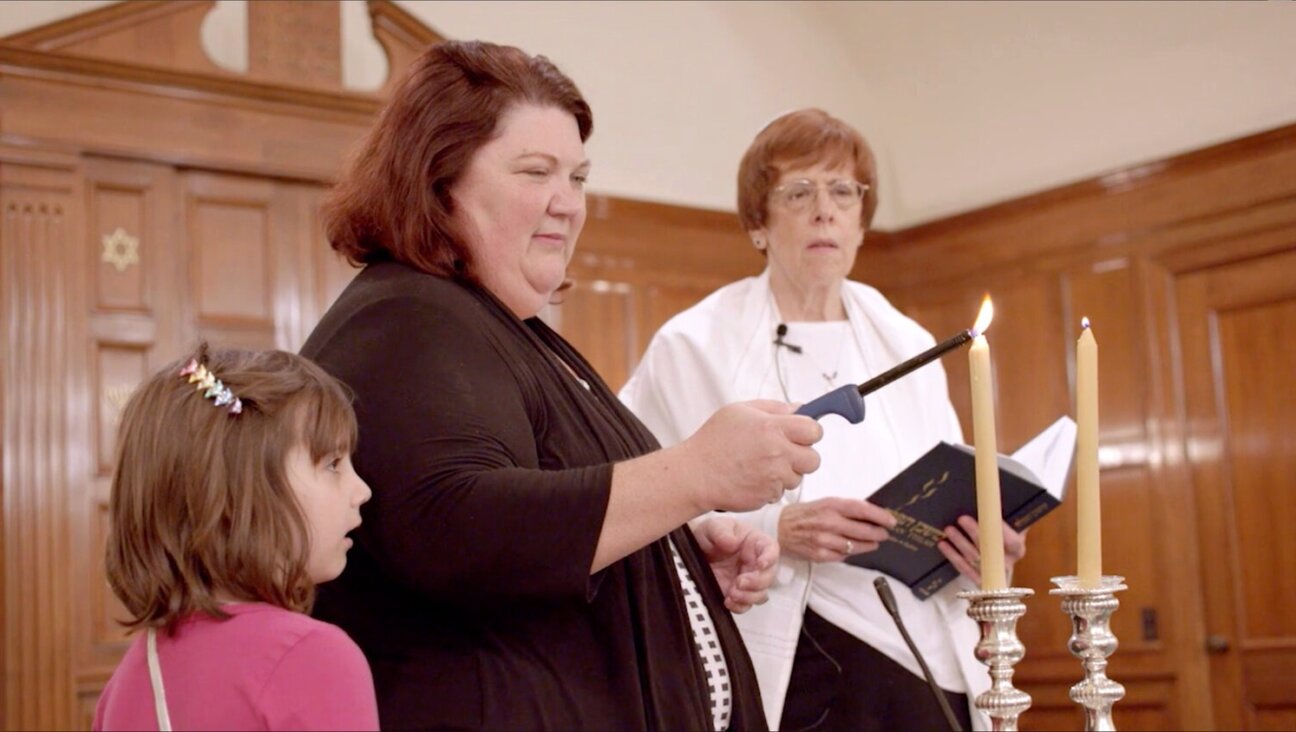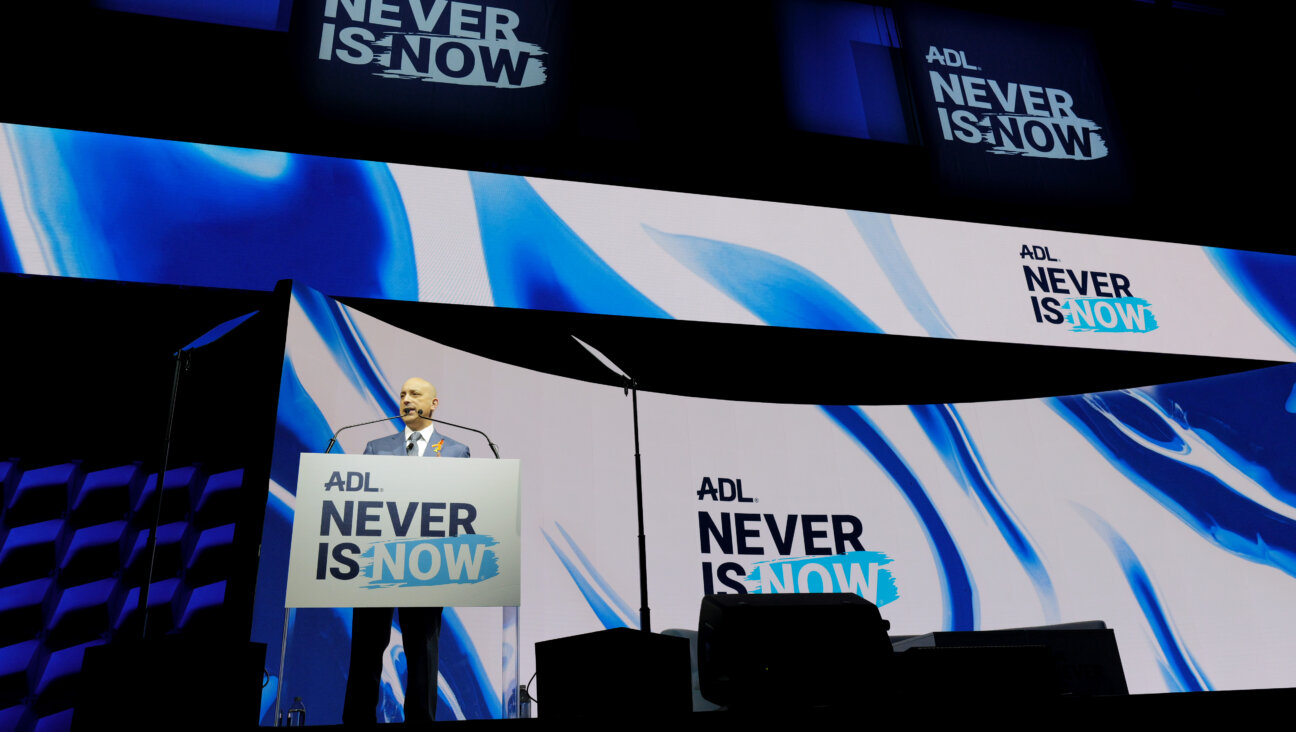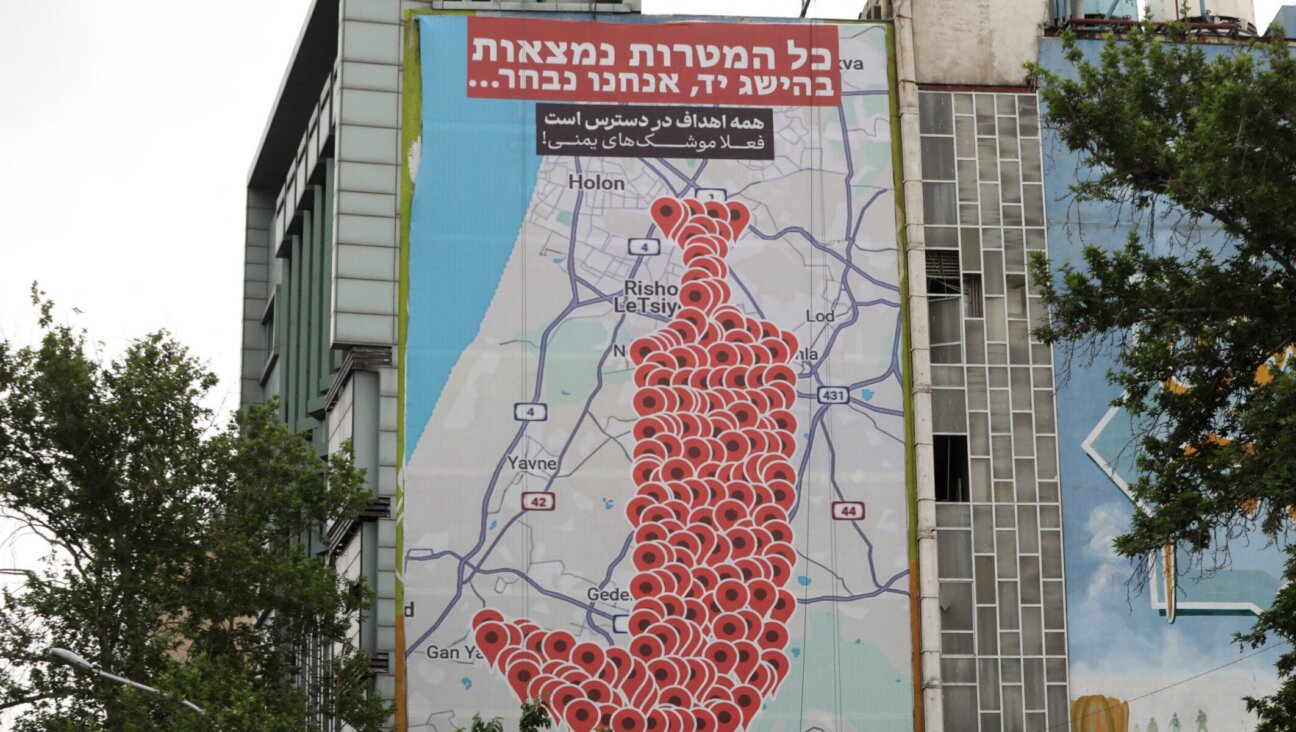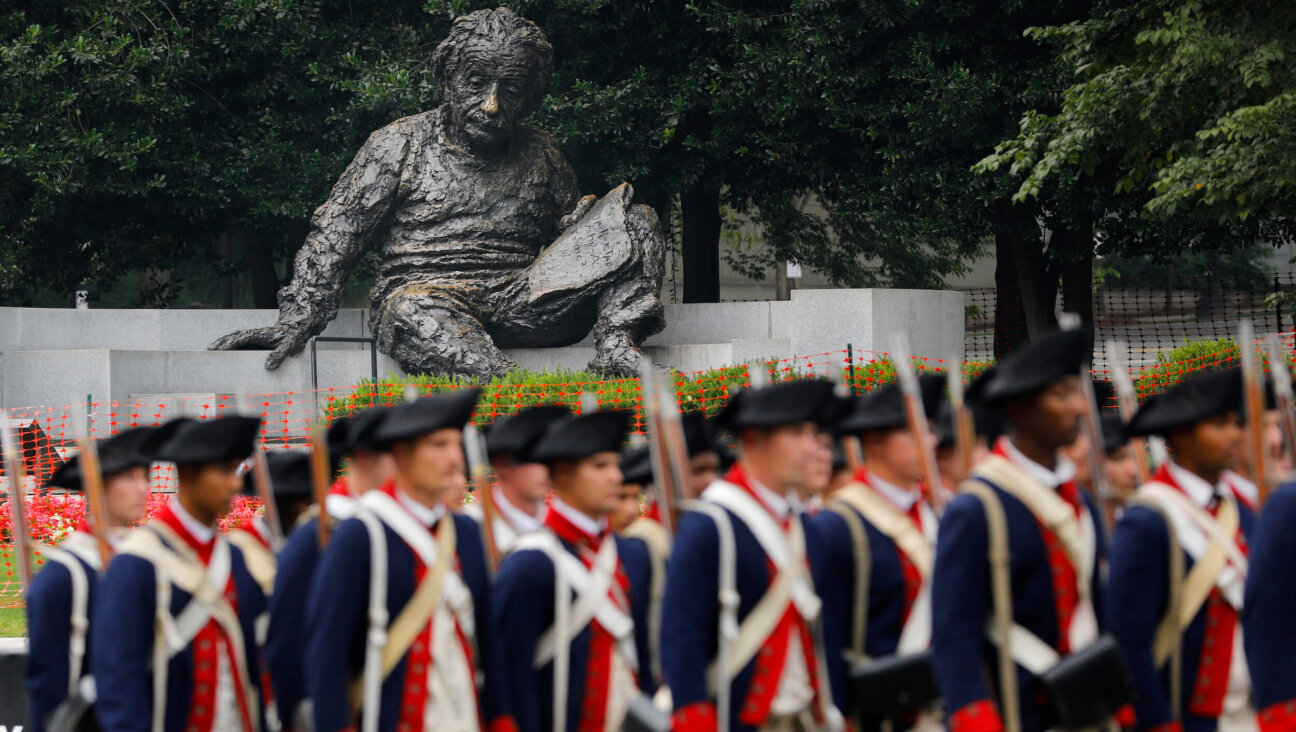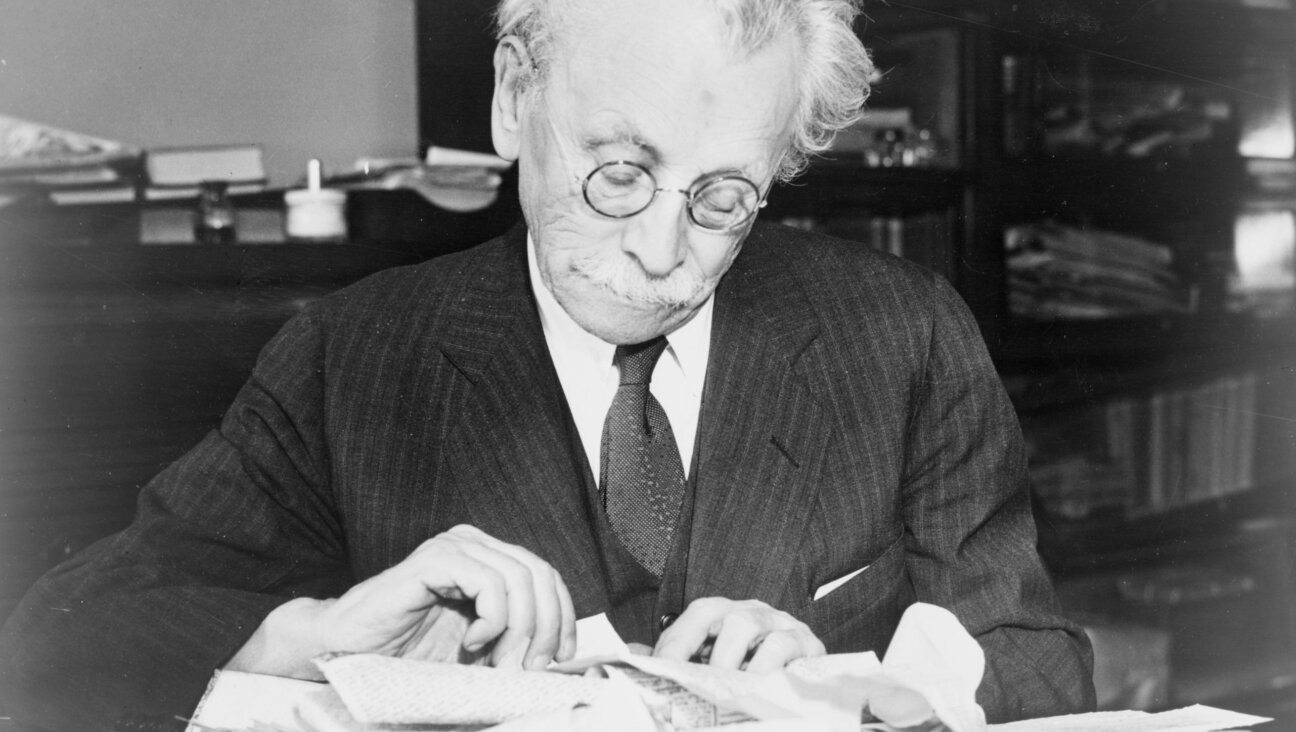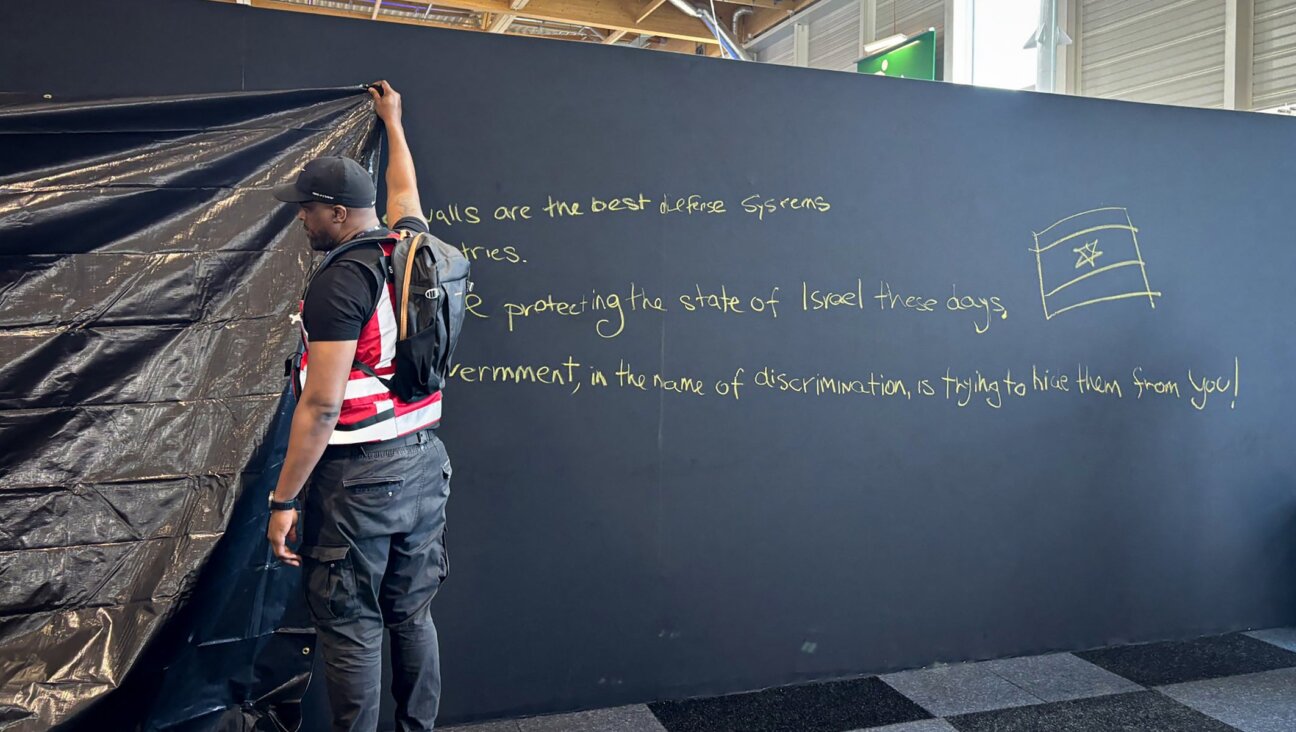Metropolitan Opera House Packed With Protest Meeting About the Fire
Originally published in the Forverts on April 3, 1911
Thousands packed the Metropolitan Opera House yesterday afternoon, where the mass meeting about the vast tragedy of the fire was held. Wealthy aristocratic men and women sat in the opera boxes. The orchestra and gallery seats were open to all and were filled largely with working class men and women. Miss Annie Morgan, daughter of major Wall Street magnate J. Pierpont Morgan, organized the meeting. The speakers were for the most part professors, millionaires, philanthropists, priests and rabbis. Only two of the speakers were labor leaders, and their speeches were not well received by the aristocrats seated on the stage and in opera boxes.
Jacob Schiff opened the meeting with a brief speech. He discussed the frightful tragedy and the divine duty incumbent upon the entire community to see that these types of disasters don’t recur.
“I don’t place the blame on anyone,” he said. “The law will determine the guilty parties and punish them. We must see to it that such horrible events no longer happen. We must see to it that factory workers and tenement residents are protected from fire.”
He was followed by Mr. [Eugene] Philbin, chairman of the meeting, Bishop [David] Greer and others. Later on, Rose Schneiderman was introduced to speak as a labor leader from the Women’s Trade Union League. Her speech was a response to all the “philanthropic” homilies that had been given earlier. Each word of hers met its mark.
“I would be a traitor to the burned corpses,” she began, “if I were to speak here of ‘philanthropy’ and good ‘fellowship.’ Many times we have tried you, kind sirs, time and again, and you have done nothing for us. And now we are tormented and warped as though by the Inquisition.
“This is not the first time young women have been burned alive in this city. Every week, I hear of the untimely death of yet another of my worker-sisters. Every year, thousands of us are disabled. The lives of men and women workers are so worthless and property so sacred. There are so many of us for each job, what difference does it make if 143 of us are burned?”
“We have tried you before, wealthy citizens, and now again. You will give us a few dollars for the mothers, brothers and sisters of the unfortunates. For you, it’s charity. But each time workers step out and fight against conditions they can no longer accept, you permit the iron hand of the law to asphyxiate it. The iron hand of the law chases us back to working conditions that make life unbearable.”
“I can’t speak to you of a ‘fraternity of labor.’ Far too much blood has been spilled. From personal experience, I know that the workers themselves, and only they, can help themselves. The only way in which they can save themselves is with a powerful movement of the working class.”
This speech received much applause from those gathered in the galleries.
The chairman responded to Miss Schneiderman with a brief talk. He admitted that the influential classes had done nothing for the workers. This time, however, he insisted, that would not happen. This time, they would do everything they could.
Mr. [Peter] Brady, a second labor leader, spoke in a similar manner to Miss Schneiderman. He is secretary of the United Printing Trades.
“We have no loyalty to ‘citizens committees.’ Such committees have been appointed many times and have never achieved anything. The workers themselves must do the job.”
Dr. Henry Moskowitz read the Sanitary Committee report of the Cloakmaker’s Union indicating that the city had hundreds of similar firetraps.
The meeting resolved to approach the mayor and the legislature to pass laws abolishing firetraps.







